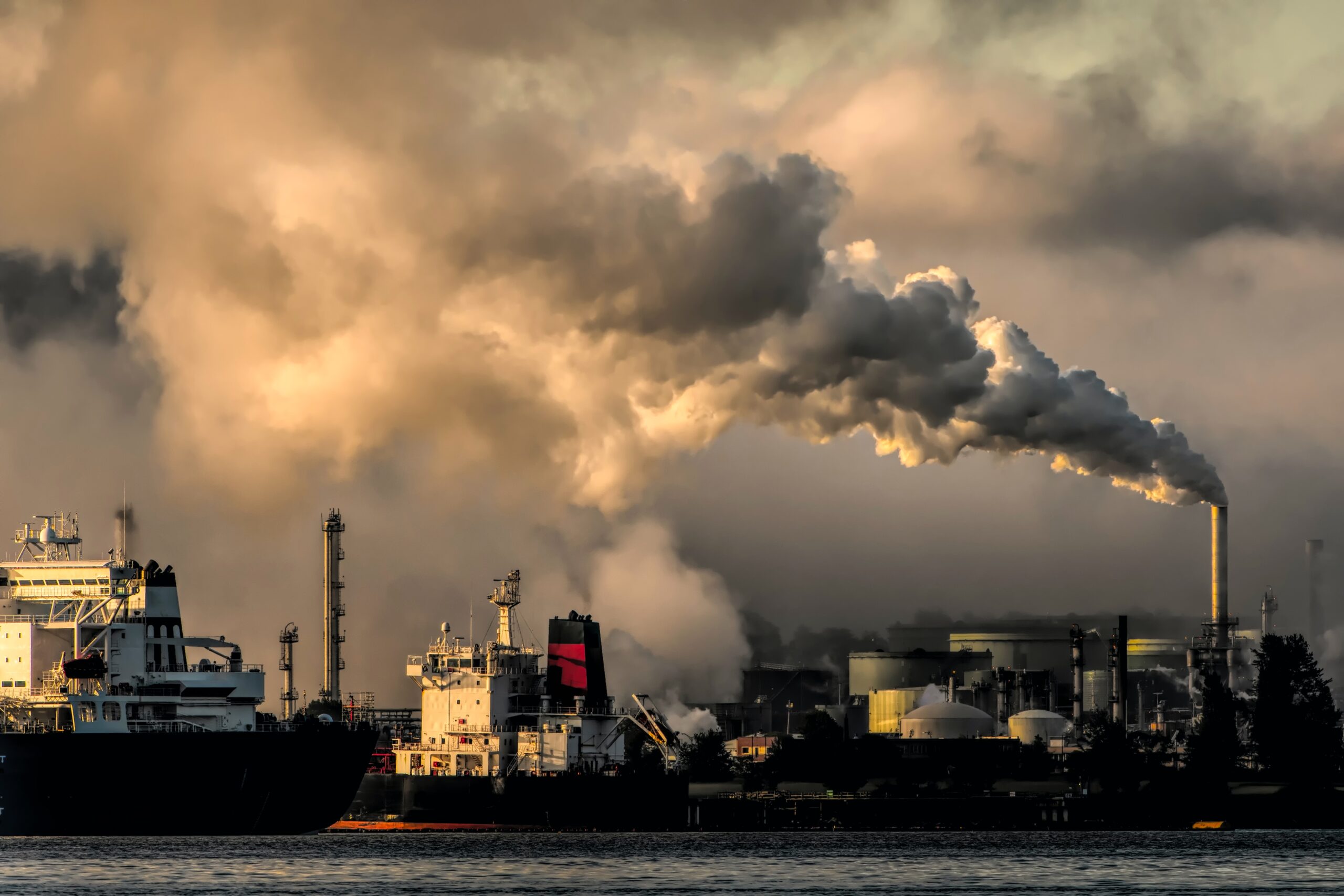The Economic Impact of Air Pollution
Air pollution is a pressing global issue that not only poses significant risks to human health but also has far-reaching economic consequences. In this article, we will explore how air pollution can impact the economy, increase inflation, affect the health sector, and deflate your money.
1. Impact on Economy
Air pollution has a detrimental effect on various sectors of the economy. One of the most significant impacts is on agriculture. Polluted air can harm crops, reducing their yield and quality. This can lead to decreased agricultural productivity, resulting in higher food prices and potential food shortages. Additionally, air pollution can damage infrastructure, such as buildings and bridges, leading to increased maintenance costs and reduced lifespan.
Furthermore, air pollution can negatively impact tourism. Visitors are less likely to choose destinations with poor air quality, leading to a decline in tourism revenue. This can have a ripple effect on local businesses that rely on tourism for their livelihoods.
2. Inflationary Effects
Air pollution can also contribute to inflation. When crops are damaged due to pollution, the supply of food decreases, leading to higher prices. As a result, consumers have to spend more on essential goods, reducing their purchasing power for other items. This can create a domino effect, causing an increase in the overall price level and leading to inflation.
Moreover, the increased maintenance costs for infrastructure due to air pollution can also contribute to inflation. Governments and businesses have to allocate more funds for repairs and replacements, which ultimately leads to higher prices for goods and services.
3. Impact on the Health Sector
Air pollution has significant consequences for public health, which in turn affects the healthcare sector. Exposure to polluted air can lead to respiratory problems, cardiovascular diseases, and other serious health conditions. This puts a strain on healthcare systems, increasing the demand for medical services and raising healthcare costs.
Furthermore, air pollution can result in lost productivity due to increased sick days and decreased work efficiency. This can have a negative impact on the overall economy, as businesses experience reduced output and increased healthcare expenses for their employees.
4. How Air Pollution Deflates Your Money
Air pollution can deflate your money in several ways. Firstly, the increased costs of healthcare due to pollution-related illnesses can deplete your savings and reduce your disposable income. Additionally, the higher prices of essential goods, such as food, resulting from reduced agricultural productivity, can strain your budget.
Moreover, the impact of air pollution on tourism can affect your income if you work in the tourism industry or rely on it indirectly. Reduced tourism revenue can lead to job losses and a decline in business opportunities, ultimately affecting your financial well-being.
FAQs about Air Pollution and its Economic Impact
Q: Can air pollution lead to a recession?
A: While air pollution alone may not cause a recession, its economic consequences can contribute to an economic downturn. The negative impacts on agriculture, tourism, and infrastructure can collectively weaken the economy and potentially lead to a recession.
Q: How can governments address the economic impact of air pollution?
A: Governments can implement policies and regulations to reduce air pollution, such as stricter emission standards for industries and promoting renewable energy sources. Investing in clean technologies and providing incentives for businesses to adopt eco-friendly practices can also help mitigate the economic impact of air pollution.
Q: Are there any economic benefits to reducing air pollution?
A: Yes, reducing air pollution can have positive economic effects. Improved air quality can attract more tourists, boost agricultural productivity, and reduce healthcare costs. Additionally, investments in clean energy and technologies can create new job opportunities and stimulate economic growth.
Conclusion
Air pollution is not only a threat to human health but also has significant economic implications. From impacting agriculture and tourism to contributing to inflation and straining the healthcare sector, the economic consequences of air pollution are far-reaching. It is crucial for governments, businesses, and individuals to take proactive measures to reduce air pollution and mitigate its detrimental effects on the economy and our wallets.










